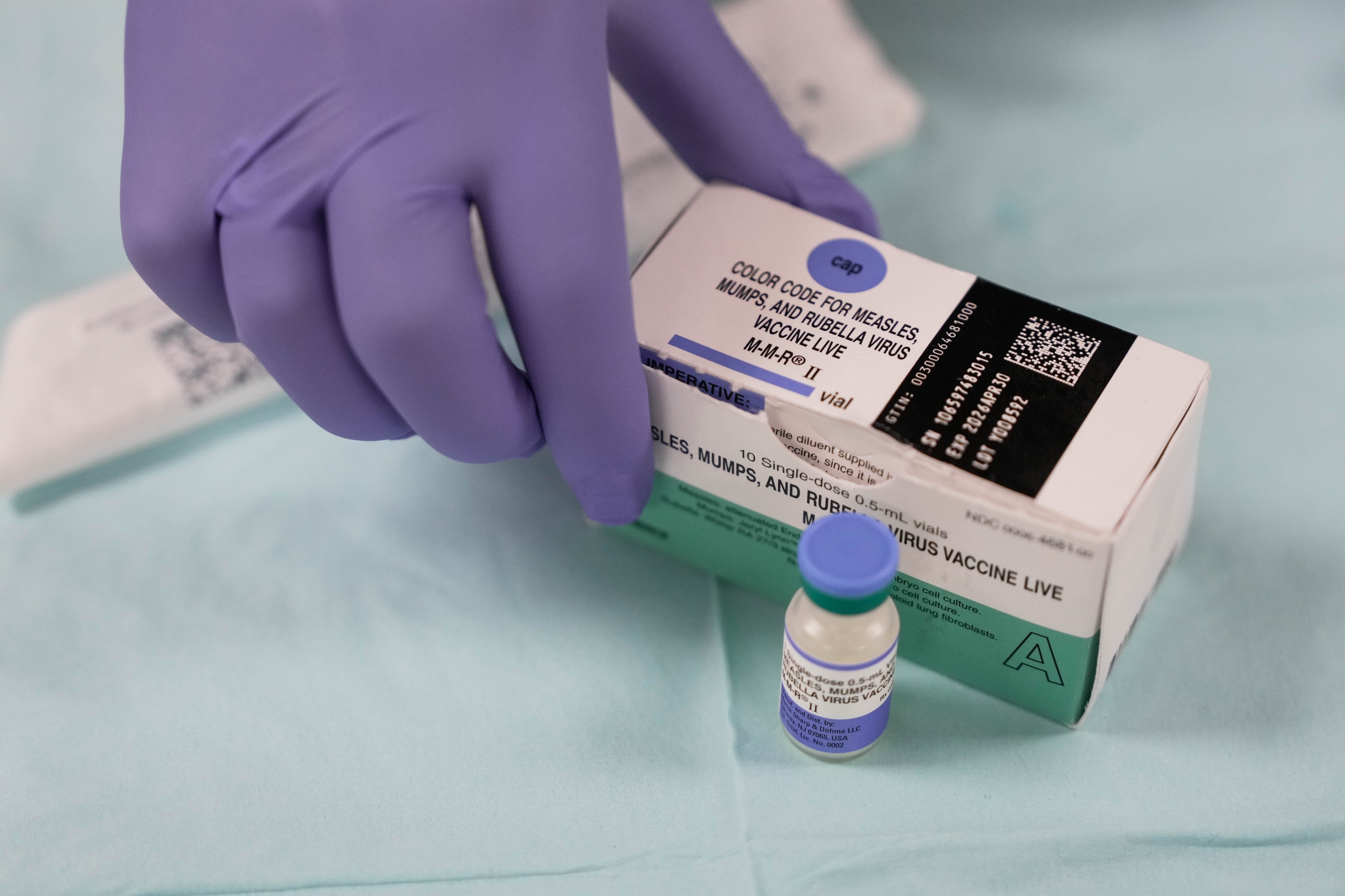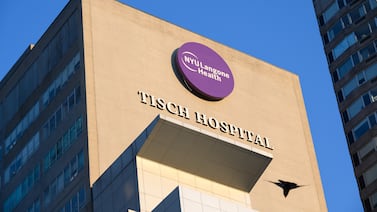Public health, explained: Sign up to receive Healthbeat’s free Atlanta newsletter here.
The Georgia Department of Public Health announced Friday it has confirmed a fifth case of measles this year.
The new case involves a metro Atlanta resident who is related to a person who acquired measles abroad and whose infection was confirmed in May, DPH spokesperson Nancy Nydam Shirek said. Neither had been vaccinated for measles.
The department did not disclose the identity or age of the patients. Nydam Shirek said officials will monitor about a dozen people who may have been exposed for another week and have administered measles vaccines and antibodies to reduce the risk of spread.
No new cases have been identified outside the family, Nydam Shirek said. The latest person to be infected had been quarantining at home due to their family member’s case.
In late January, in an unrelated case, an unvaccinated child from Gwinnett County contracted measles after domestic travel. That spread to two unvaccinated siblings. Georgia had six measles cases last year.
Nationwide, a total of 1,088 measles cases have been confirmed as of May 29. That’s much higher than in 2024, when the United States had 285 confirmed cases for the whole year.
Many of this year’s cases are related to a large outbreak in west Texas and New Mexico. Two Texas school-age children and a New Mexico adult – all unvaccinated – have died.
Measles symptoms include a high fever, cough, runny nose, red, watery eyes, and a characteristic red rash. Measles is highly contagious, but two doses of the vaccine, typically administered in childhood, are highly effective at preventing the disease.
Epidemiologists recommend a “herd immunity” vaccination rate of about 95% to prevent transmission of measles, but the latest data from Georgia shows that young children and kindergarten vaccination rates are below that. Only about 88.4% of kindergarteners in Georgia had received both doses, according to 2023-24 data from the Centers for Disease Control and Prevention.
Uptake rates for the MMR (measles, mumps and rubella) vaccine are falling in Georgia and nationwide amid an increase in measles misinformation.
Local doctors emphasize that the vaccine is safe and that it’s the best way to protect against measles. Vaccinations are available at public health departments and pediatricians’ offices, often for no cost.
“I vaccinated my own children, and I would have not done that unless I thought it was in their best interest,” pediatric infectious disease specialist Dr. Preeti Jaggi of Children’s Healthcare of Atlanta told Healthbeat recently.
Rebecca Grapevine is a reporter covering public health in Atlanta for Healthbeat. Contact Rebecca at rgrapevine@healthbeat.org.







